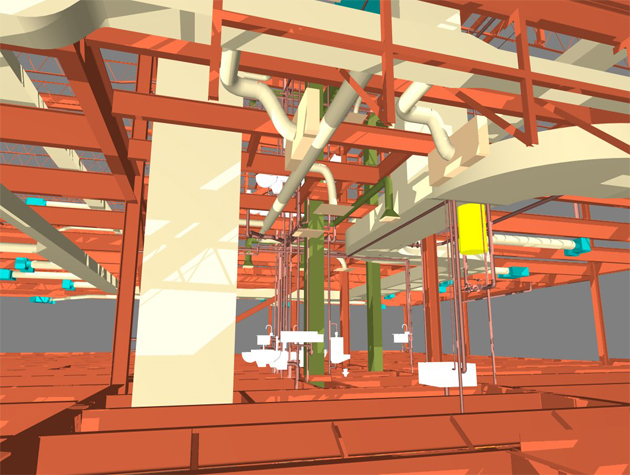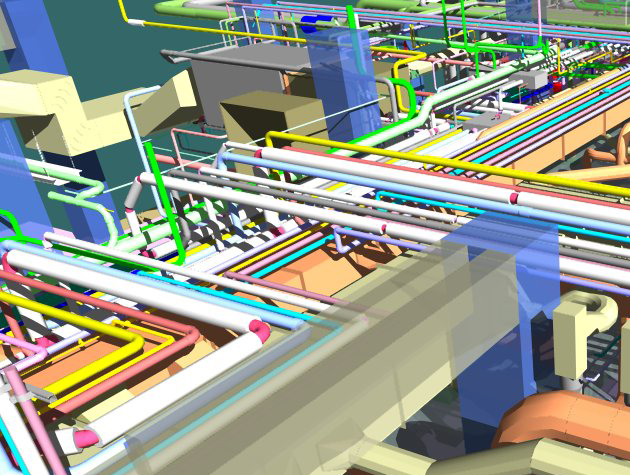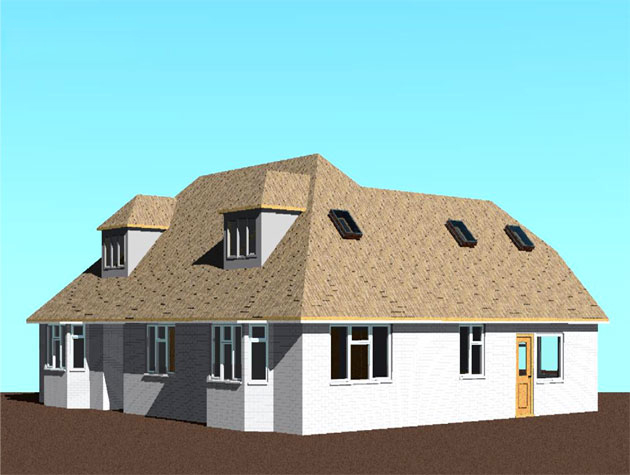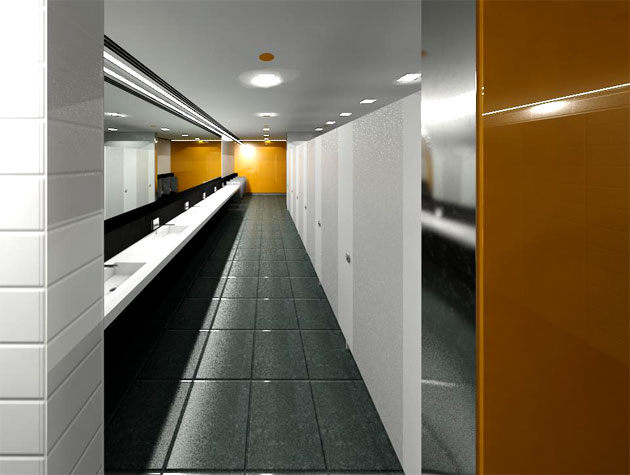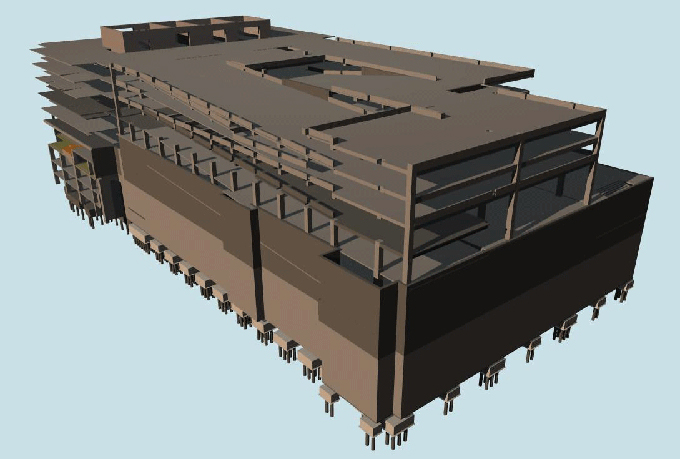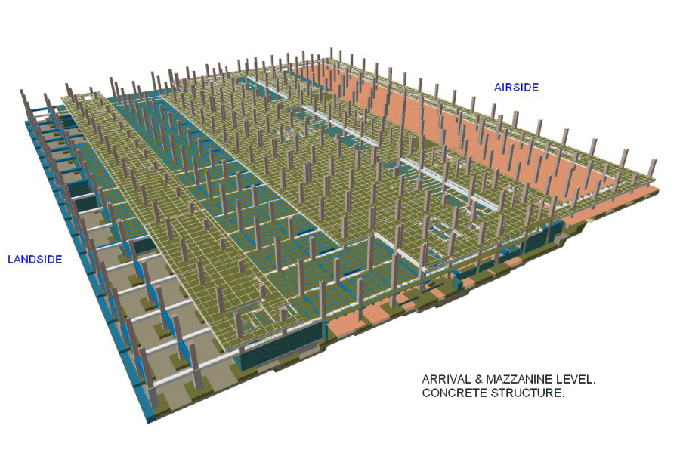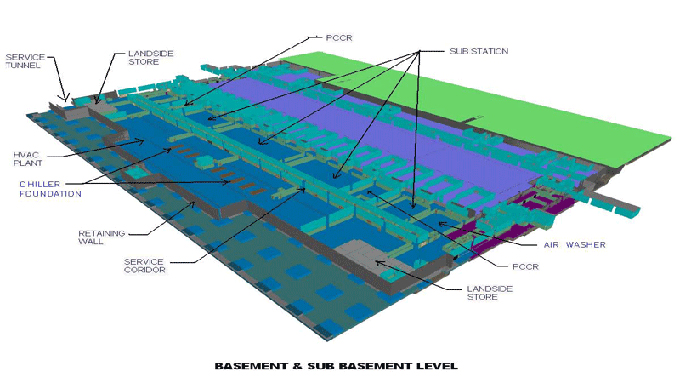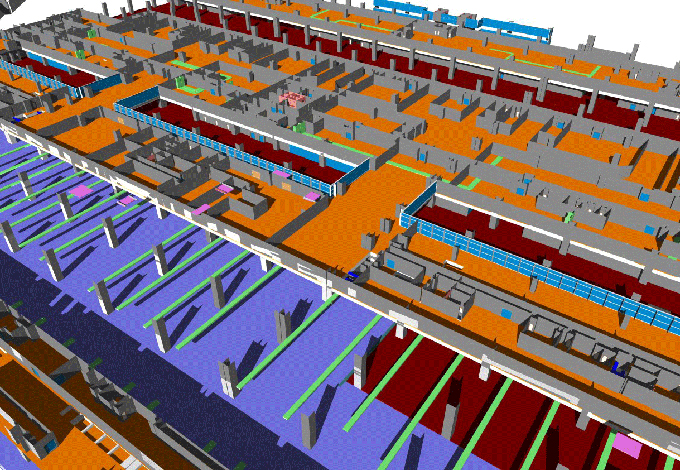Revit Families: A Step-By-Step Introduction
Tweet
The elements that have been used by the users in the Revit model have been structured into Revit families which are easy to use. The Revit families are the pre-built 3D models of the building elements including windows, doors, walls, and other mechanical equipment. The Revit families are the collection of elements with similar geometry, common parameters and identical use.

As an example, if the users have different sizes of desks, all sizes of desks belong to the desk family. In the case of seeing in the Project Browser, users can see a branch which is called families.
Different types of Revit families
The Revit families have been classified into several types which are:
System Families
These are the basic elements including walls, ceilings, pipes, floors, ducts and others which will assemble on the site of the construction. The same components as these pre-defined components in the Revit software can not be deleted or created by the users by using the Revit User Interface.
Loadable Families
The loadable families are also known as the standard component families. These types of families have been purchased, delivered as well as installed in the building. The loadable families include windows, furniture, plumbing fixtures, water heaters, and others. The loadable families are the user-defined families that can be created and modified in the Revit software on the basis of the requirements of the projects. These types of Revit families can be saved as external RFA files. In addition, these Revit families can also be loaded into the projects as per the requirements. The modelling process has been sped up with the help of this type of Revit family as the users are able to import the design components directly into the running project.
In-Place Families
These are the custom components which has been created on the basis of the specific requirements of the projects. This type of Revit family is similar to the loadable families on the basis of the creation and editing strategy. These families are project-specific and with the help of a family editor, the customised and free-form object can be created.
Annotation Families
For the systematizing drawings, these types of Revit families are the key aspects. This type of Revit family is part of both Loadable and System families. A few of the families can not be created or edited such as Dimension Style, Levels and others. Whereas, a few other families can be loaded into other projects and those are Generic Model Tags or Symbols. In this context, the families are saved as external RFA files.
Hosted Families
These families require a host element which helps to provide structure for the model elements. Loadable families or component families can be hosted on the system families.
Finding resources for Revit families
There are various Revit family libraries from which users can obtain Revit families online. In this resource, the Revit families are available in .rfa file format.
NBS BIM Library
This resource helps to offer a wide range of BIM families for free which can also be used as the Revit families. The information in these Revit models is accurate on the basis of the real-world product. The NBS BIM library has a Revit plugin which helps to allow the users to import the BIM objects directly into their Revit models.
Cadforum
This is another popular online library of Revit families and CAD blocks. On this site, most of the design models have been uploaded by independent 3D modellers.
Bimsmith Market
This resource also has a Revit family library which are the BIM objects from the top product manufacturer. Each downloading element from this resource helps to facilitate the design modelling and documentation procedure.
Websites from which Revit families can be downloaded
A wide range of websites and manufacturers offer custom Revit families which can be downloaded for free. The downloaded families can be customized by the users which helps to meet the requirements of the design projects. These websites include:
➢ CAD Forum
➢ Polantis
➢ Turbo Squid
➢ Modlar
➢ RevitCity
➢ BIMbox
➢ ARCAT
➢ National BIM library
➢ Specified By (UK)
➢ BIM Object
Benefits of using Revit families
There are numerous benefits of using Revit families while making design projects which are:
Reusability of the components
The standard Revit family library is beneficial for engineers, contractors, architects and designers to reuse the same object in different types of projects multiple times. This is beneficial for saving time, effort, and cost savings.
Customization and flexibility feature
Revit families allow professionals and designers to customize designs and meet the demands of the clients. This customisation of the designs can be done without putting much effort on the modellers and without wasting much time.
To get online demonstration, watch the following video tutorial.
Video Source: CAD Masters
Quick switching feature
The elements of the Revit families can be replaced by the users easily. In this context, the other parts of the design models are not disturbed. The elements of the Revit families can be changed easily by deleting the custom components of the Revit family. Users can also insert other elements from the Revit family library without any kind of disturbance to the design project. All the design elements can be saved automatically inside the Revit library thus the architects or designers can access those design elements easily.

Gallery
Feel free to contact us for BIM requirements. One of our representative will respond you within 24 Hours. Send us your projects requirement today and grow your project.
Explore More !
